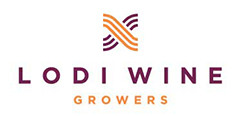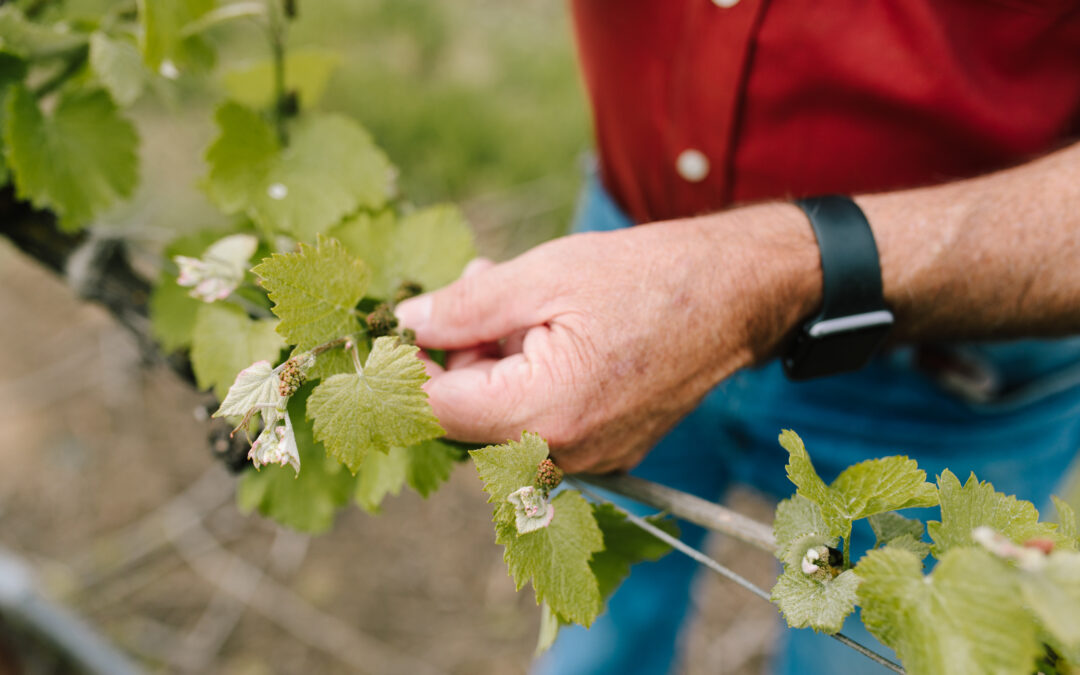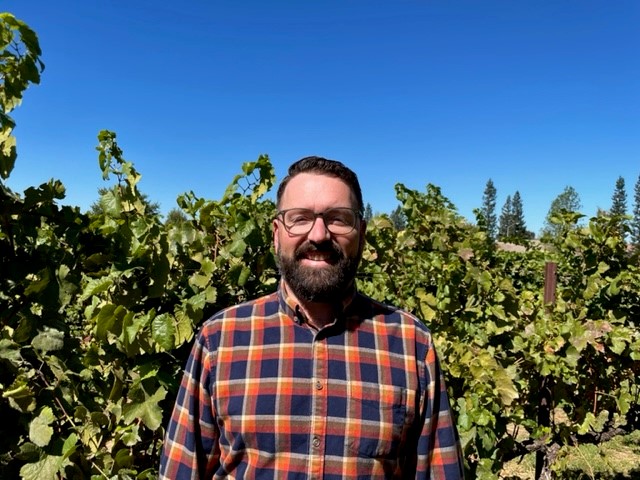MONDAY, OCTOBER 3, 2022. BY STEPHANIE BOLTON, PhD, LODI WINEGRAPE COMMISSION.
HISTORY
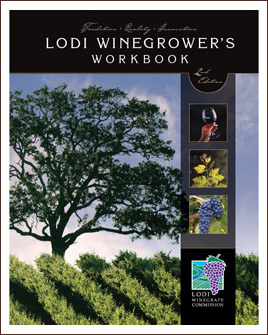 Typically, research by a trade association like the Lodi Winegrape Commission is done by allocating funds towards projects deemed as priority needs. Requests for proposals (RFPs) are announced each year, university scientists submit their proposals, and these scientists conduct research and submit reports written in scientific language which are shared with the association members.
Typically, research by a trade association like the Lodi Winegrape Commission is done by allocating funds towards projects deemed as priority needs. Requests for proposals (RFPs) are announced each year, university scientists submit their proposals, and these scientists conduct research and submit reports written in scientific language which are shared with the association members.
We’ve found over time that the most value comes from research projects with efficient budgets (not too much overhead) and from scientists who take extra time to foster strong working relationships with growers.
For example, the Commission has had great success with the BIFS program (1995-2010; 2020-present), which relies heavily on grower cooperation. With our committed growers and a well-connected research, education and communication infrastructure, we can quickly turn scientific results into outreach in grower language, as showcased by the Lodi Winegrower’s Workbook (2000, 2008), the LODI RULES Sustainable Winegrowing Program (2005-present), and the red virus book (What Every Winegrower Should Know: Viruses, 2020).
A NEW MODEL FOR VITICULTURE RESEARCH IN CD11 LODI
One key takeaway from the BIFS program is that grower involvement in viticulture research is crucial to success if the goal is to have meaningful impact. So, we came up with a new model for conducting practical viticulture research in Lodi, where we build teams of growers, scientists, pest control advisors, extension, and industry personnel to dive deeply into a specific challenge. These teams study the challenge at the local, regional, and international level – gathering both academic research and real-world case studies. Frequent conversation is focused around the topic at hand, and the challenge is examined from all angles possible. We call these teams “Research Focus Groups” and have had both fun and success with the Lodi Mealybug Biocontrol, Grapevine Virus, and Grapevine Rootstock Research Focus Groups since 2016.
Our Research Focus Groups work to find practical solutions at a fast speed because many of the people who make up the groups are financially invested in discovering a solution or a better way of doing something in the vineyard. They also work because the team is committed to sharing what they learn along the way in a manner that is understood by their peers, in their language.
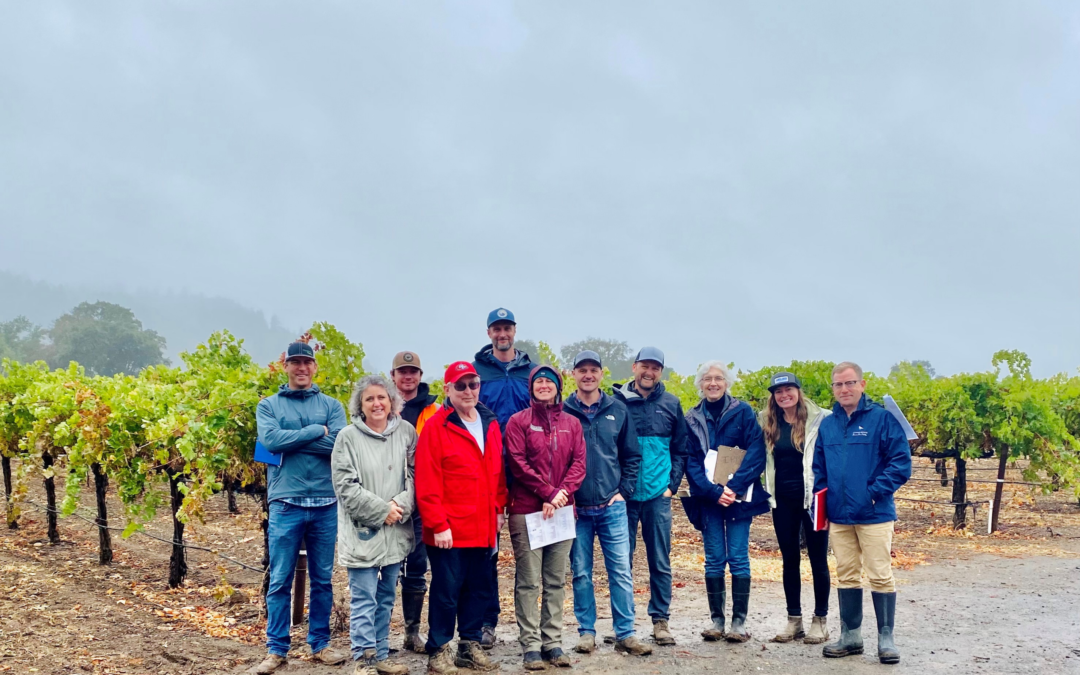
Members of the Lodi Grapevine Rootstock Research Focus Group and friends on a field trip to Sonoma with beloved Farm Advisor Rhonda Smith.
When research and outreach aren’t channeled through a Research Focus Group, the Lodi Winegrape Commission collaborative model is still followed, with growers playing a huge role in research projects. The Research Focus Groups have served as jumping off points for numerous secondary projects with scientists from the USDA, Xerces Society, Cornell, NASA-JPL, and more.
All vineyards are not created equally. There are abundant points of difference, including: soil type, elevation, slope, climate, rootstock, scion and clone selection, trellising, irrigation, vigor, pest and disease pressure, yield, age, fruit quality goals, wind exposure, cultural practices (leafing, weed control, etc), harvesting method, biodiversity, land history and environmental uniqueness, nutrient uptake ability, source of grapevines, attention from the farmer, special certifications (sustainable, organic, biodynamic, regenerative, etc.) and more.
Due to these great differences possible between vineyards, it is easy to see how conducting research in one vineyard type or region is not necessarily (or rather, rarely) very applicable to another vineyard. In other words, growers cannot and should not rely on outside research alone.
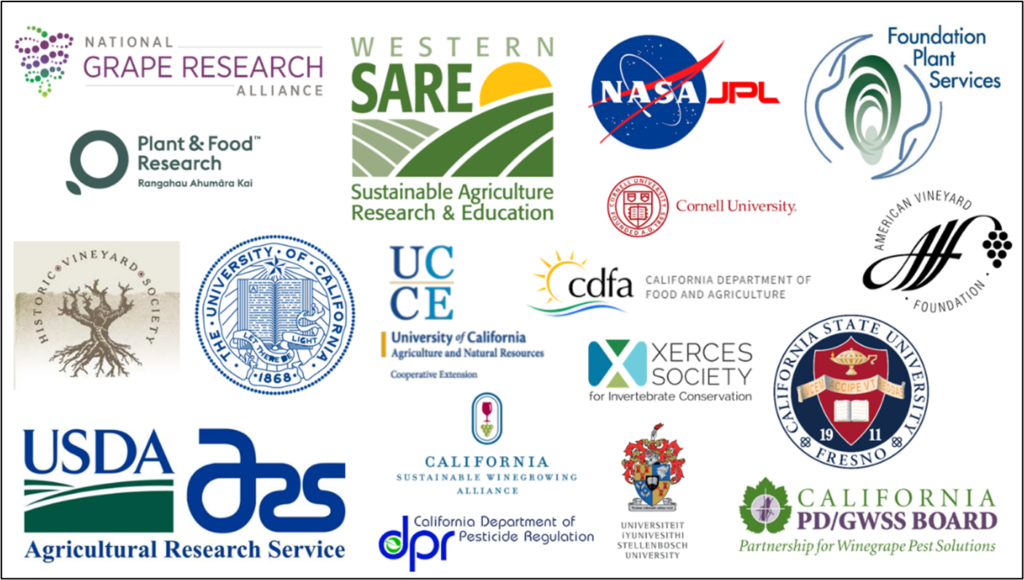
The Lodi Winegrape Commission has collaborated with many organizations to conduct practical viticulture research over the last five years.
THE IMPORTANCE OF COLLABORATIVE PROJECTS
Lodi is in a unique position to be a leader in viticulture research for California and the rest of the world. We have the infrastructure of the Lodi Winegrape Commission, where research is a core part of our purpose. We have a network of over 1,000 winegrowers and industry members. We have 90-100,000 acres of grapevines and over 120 different grape varieties and counting. Our farmers are eager to learn by doing and are willing to openly share what they learn with the rest of our community.
Our robust educational outreach program overseen by the Research, Education and Communication Committee includes weekly blog articles, frequent in-person grower meetings, newsletters, and an open-door policy where growers can stay informed through conversations. We act as a skilled liaison, connecting growers, scientists, and industry. We take pride in creating outreach that is based in sound science, practical, and in grower language.
EXPANDING RESEARCH OPPORTUNITIES IN LODI: INTRODUCING WILL KERNER
To keep up with our many collaborations and to conduct more on-farm, practical vineyard research in Lodi, the Commission created a new position: a Viticulture Research Specialist. We are very pleased to announce that Will Kerner, MS, started in this exciting new role on September 12, 2022. Will is responsible for conducting and analyzing on-farm viticulture research trials within the Lodi region. He will work closely with myself (Grower Research & Education Director), Committees, growers, industry, and scientists to design cohesive, replicated trials across our region on topics of interest for Lodi winegrowers, including rootstocks. All research will be designed to lead to meaningful and practical results which can be broadly disseminated through the Commission’s robust outreach activities.
Will comes to Lodi after driving a tractor on a family vineyard in Marlborough, working as a Research Program Manager for New Zealand winegrowers at the Bragato Research Institute, and serving as a Technical Solutions Manager at the Linneaus Laboratory and Riversun Nursery. He has a bachelor’s degree in Philosophy from the University of Colorado and a master’s degree in Wine Science from the University of Auckland. Please join us in welcoming Will! His email is will@lodiwine.com if you want to send him a note.
To help you get to know Will a bit better, here are some Q&A’s:
What drew you to this job in Lodi?
I became aware of this job in Lodi because of my background in viticulture/wine research management in New Zealand. When I started looking into mealybug and Leafroll 3 research that was happening around the world and came upon work the Lodi Winegrape Commission was doing, I then reached out to Dr. Stephanie Bolton to learn a bit more. I was impressed by the quality of the research and extension services in this area, especially by the publication What Every Winegrower Should Know: Viruses. When the borders opened in New Zealand and with my family stateside, it was time to come home. This position attracted me by the promise of being able to help create practice change towards future-proofing Lodi viticulture, and I am inspired by old vines, interesting varieties, and the promise of an endless learning journey in the field.
What are you most excited about in this position?
I’m most excited about the opportunity to learn about the history of the region, the history of the cultural practices used in the vineyard and the reasons for them. I am especially eager to help design and execute field-based research informed by these learnings to help growers tackle problems in the short and long term.
How do you like Lodi so far?
I am more than pleasantly surprised by Lodi’s charm and old vine mystique. My wife and I are wine enthusiasts of interesting varietals and Lodi has no shortage of them! There is so much to enjoy here, and I am looking forward to learning more.
Have something interesting to say? Consider writing a guest blog article!
To subscribe to the Coffee Shop Blog, send an email to stephanie@lodiwine.com with the subject “blog subscribe.”
To join the Lodi Growers email list, send an email to stephanie@lodiwine.com with the subject “grower email subscribe.”
To receive Lodi Grower news and event promotions by mail, send your contact information to stephanie@lodiwine.com or call 209.367.4727.
For more information on the wines of Lodi, visit the Lodi Winegrape Commission’s consumer website, lodiwine.com.
For more information on the LODI RULES Sustainable Winegrowing Program, visit lodigrowers.com/standards or lodirules.org.
